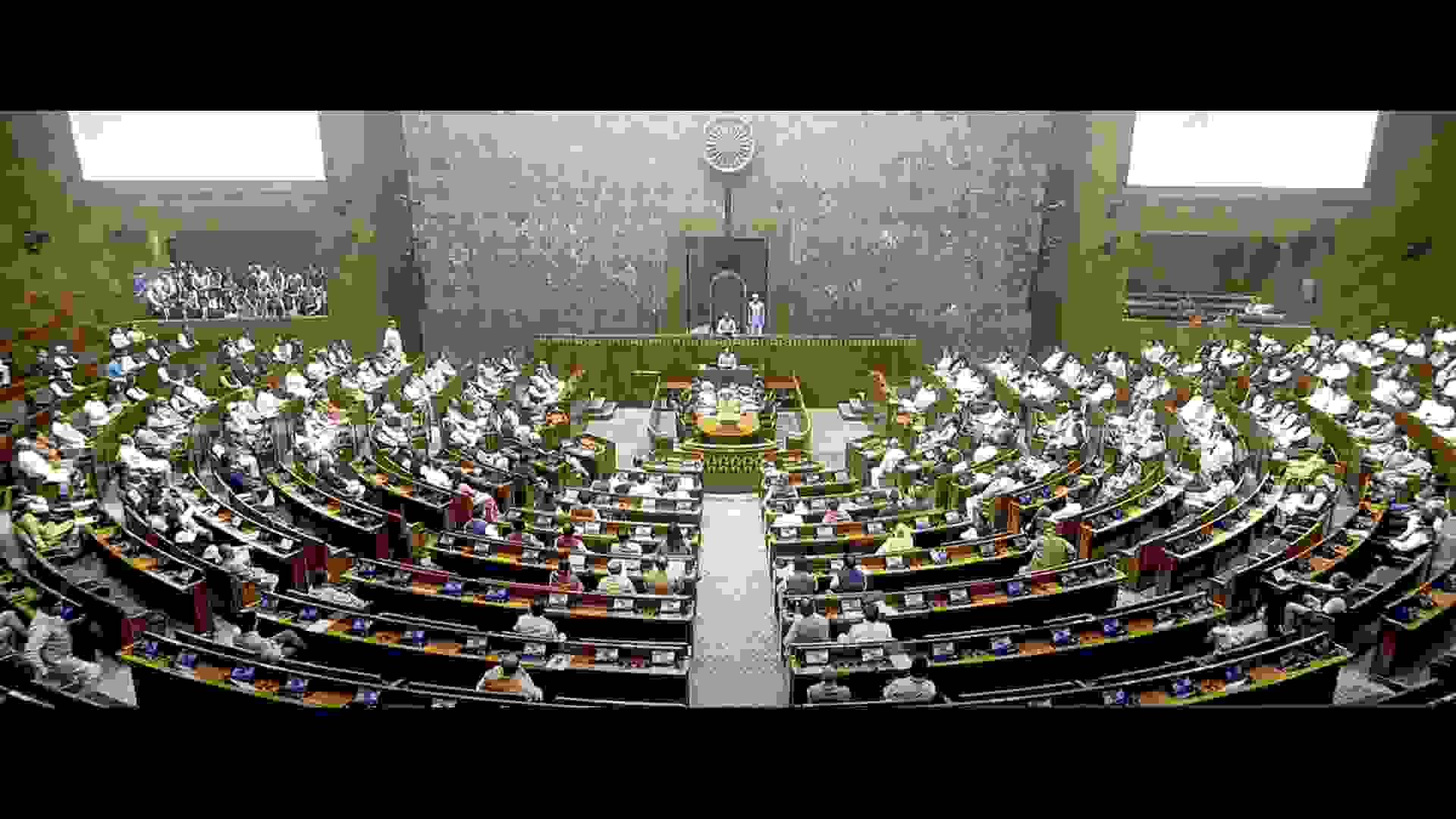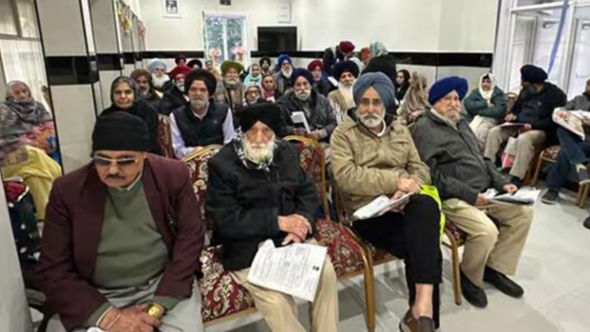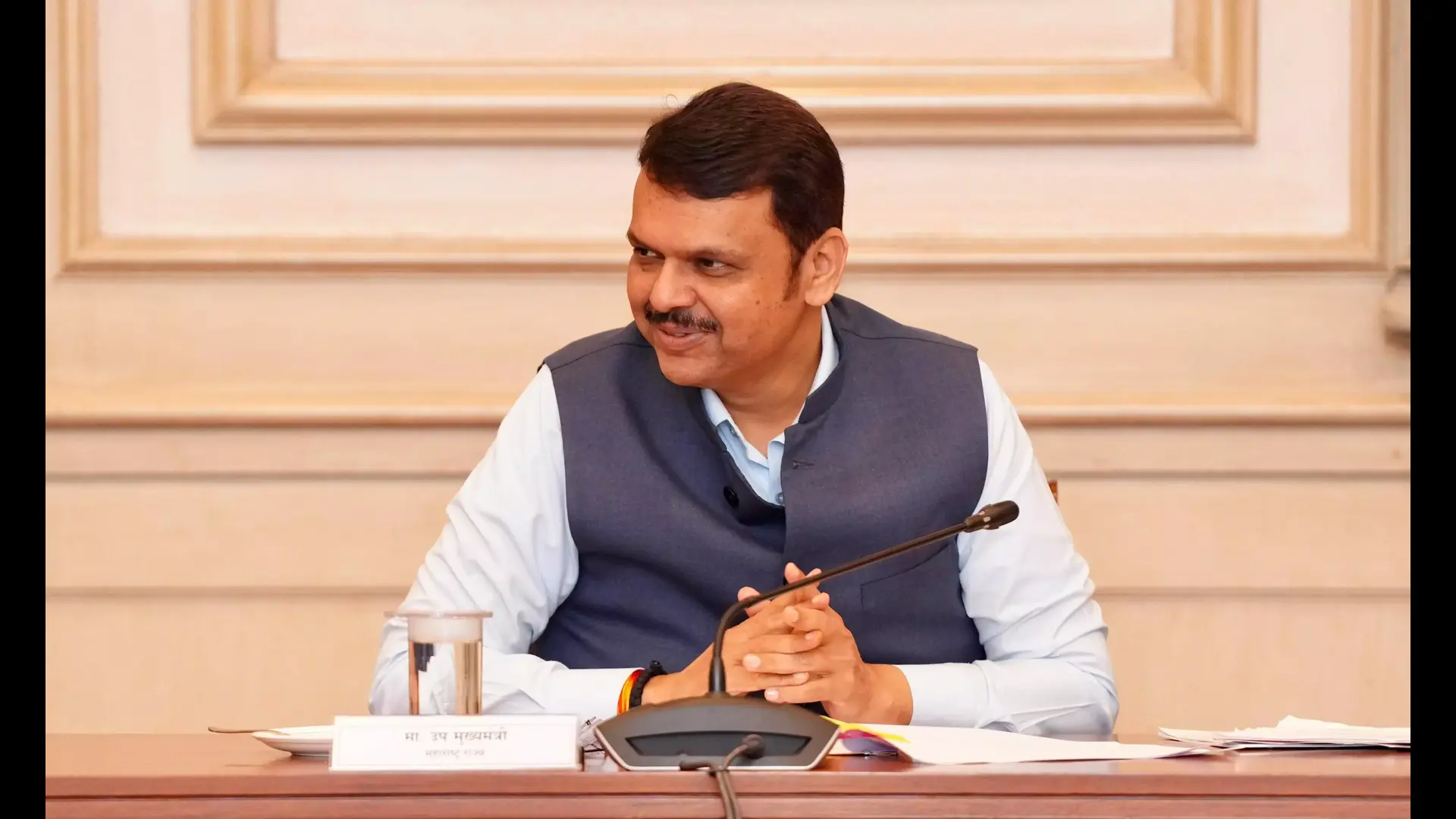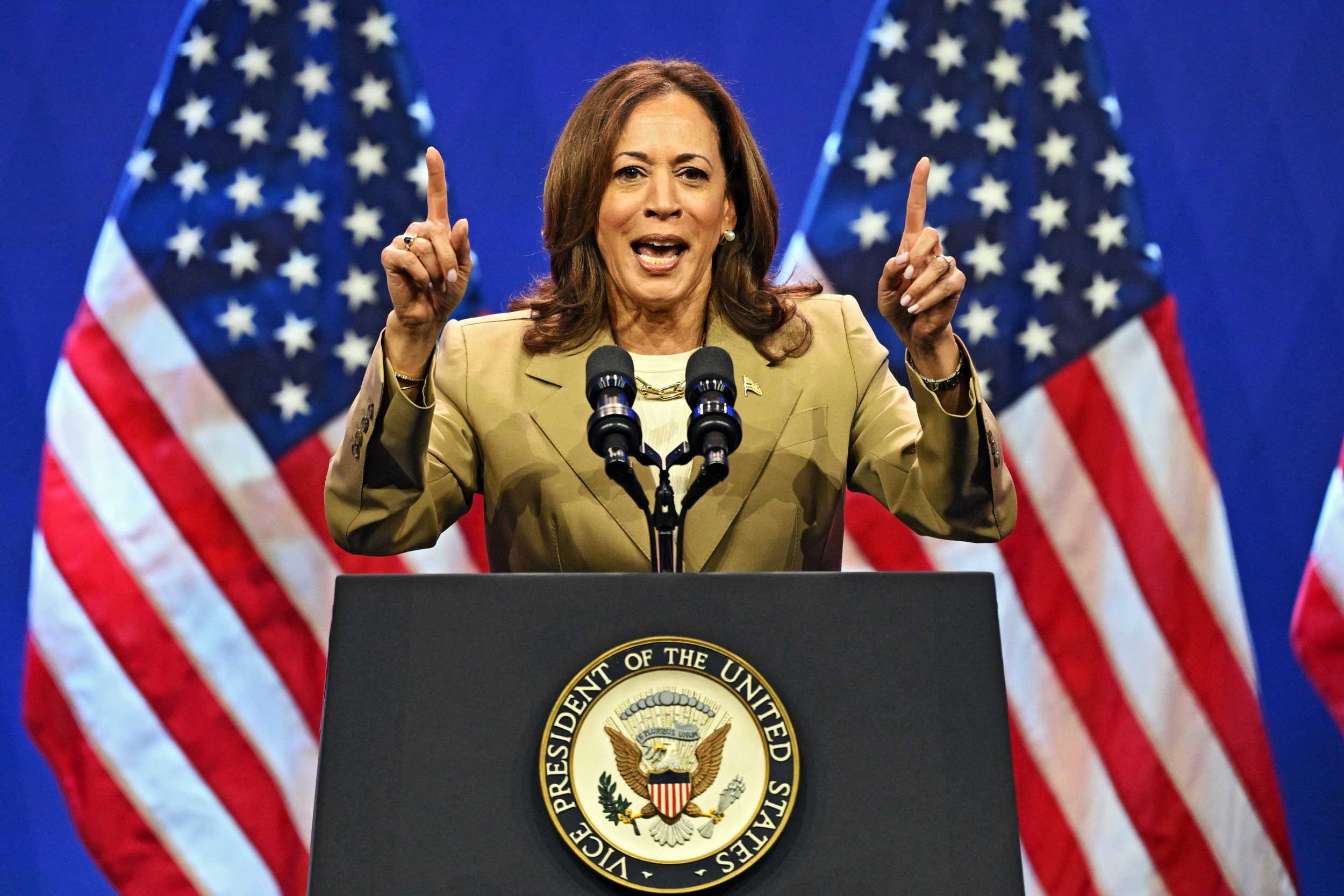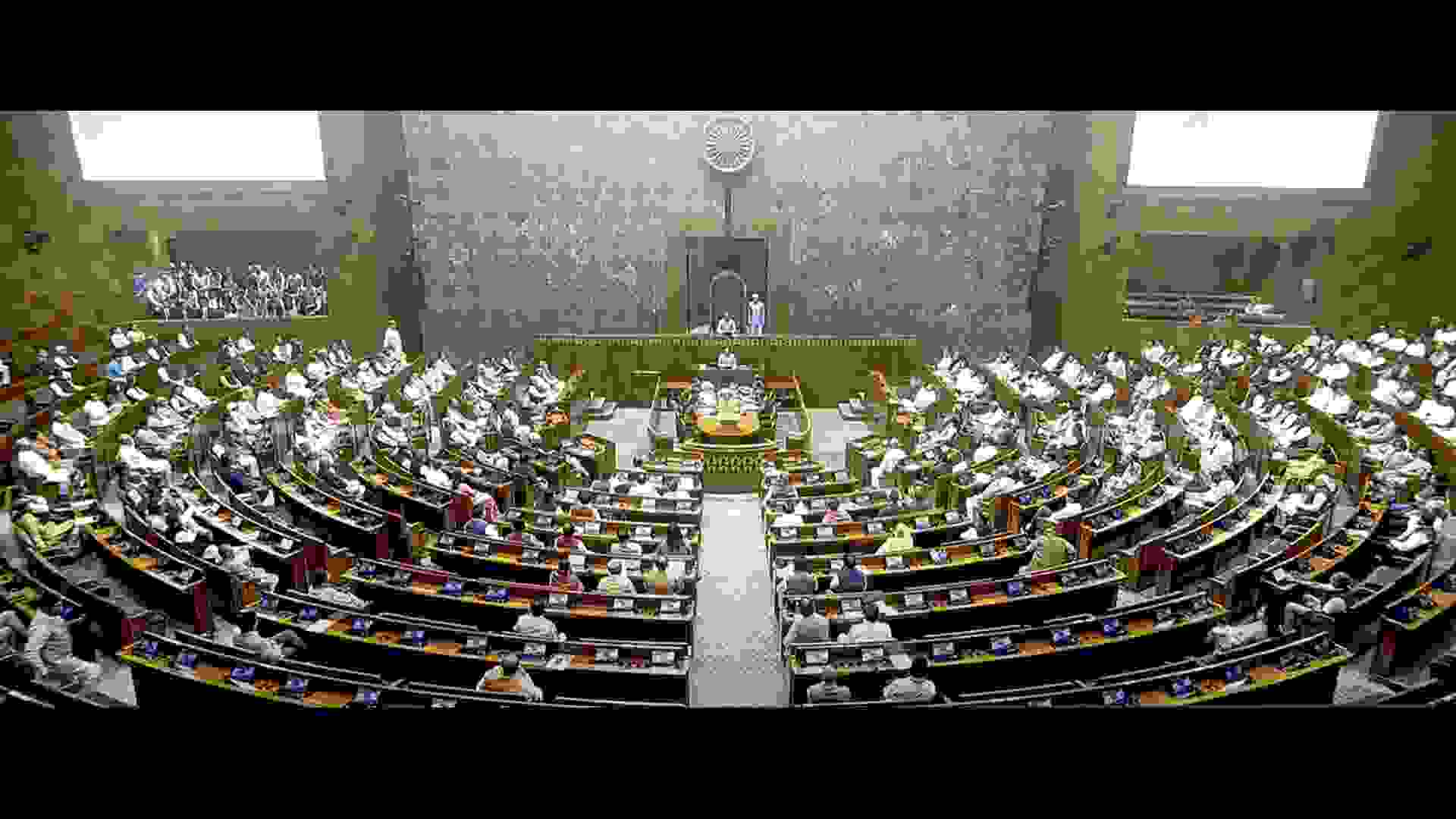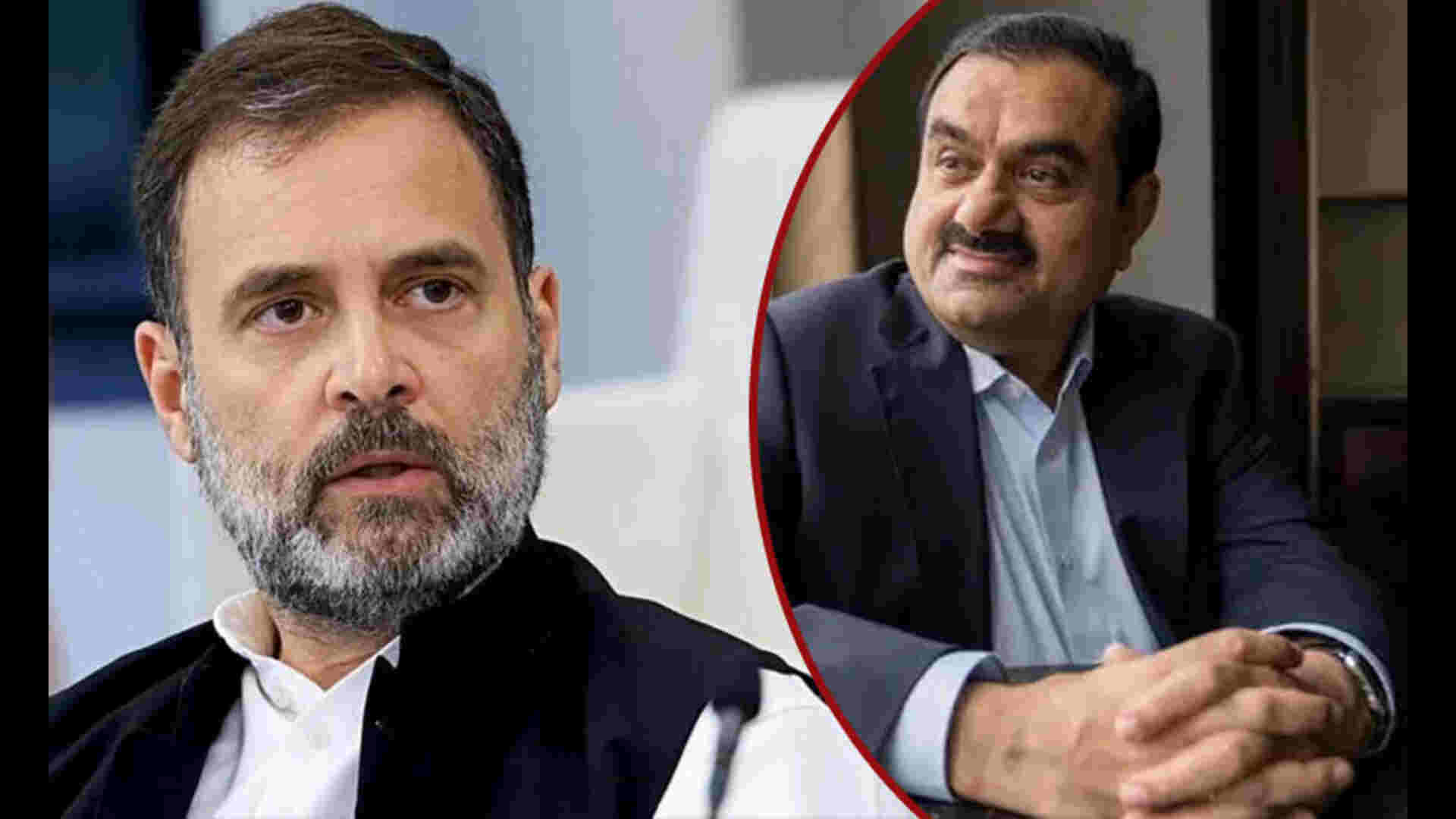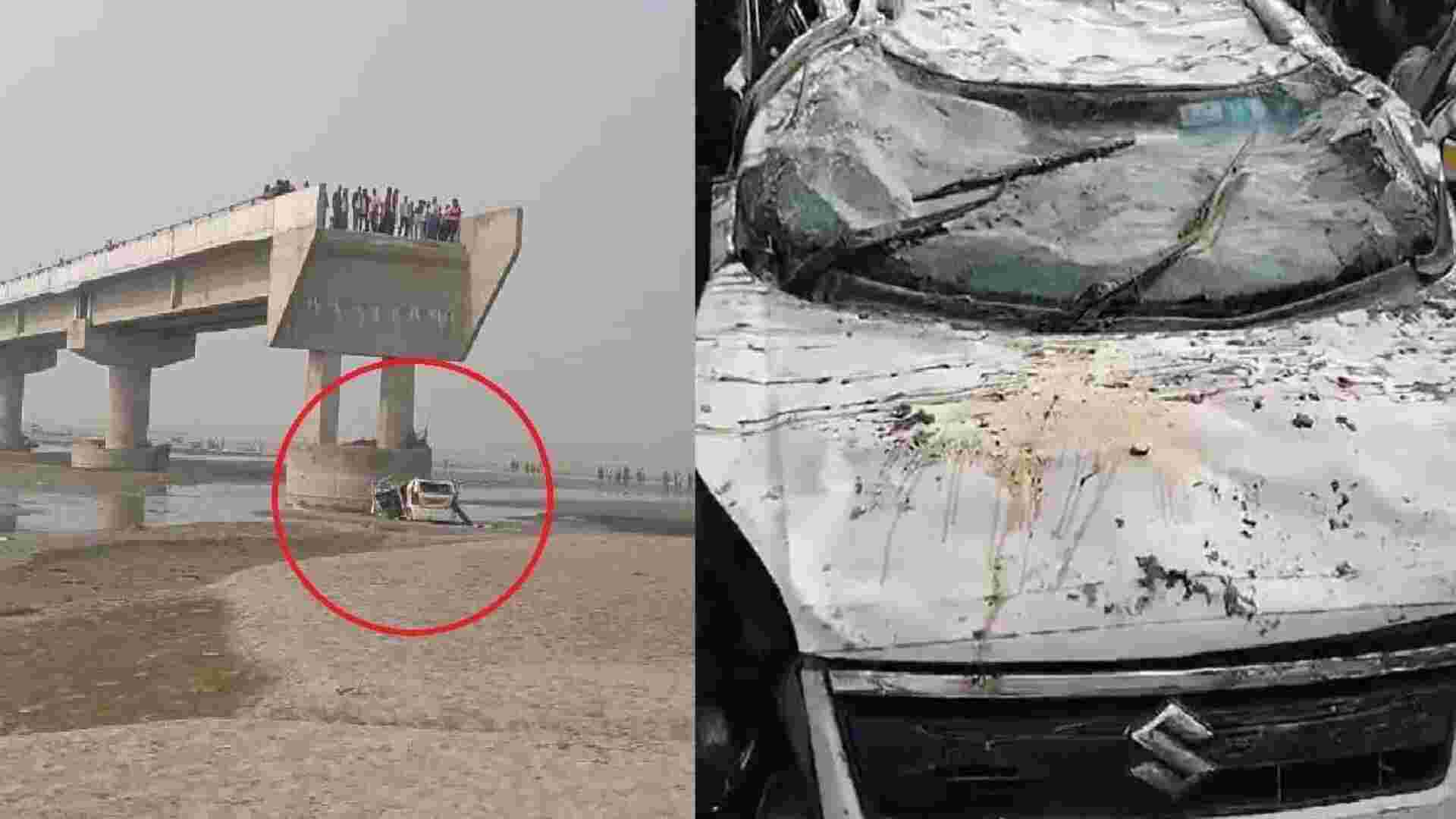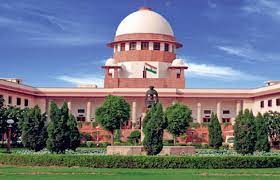
The Supreme Court in the case Director of Agriculture & Ors. v M.V. Ramachandran observed and has held that the writ pleas filed for seeking recovery of money due under the bills or invoices cannot be entertained under Article 226 of the Constitution of India, particularly when the civil suit has been filed by the writ petitioner, the court dismissed the same in default.
The bench comprising of Justice M.R. Shah and Justice C.T. Ravikumar in the case observed and has held while adjudicating an appeal filed in the case Director of Agriculture & Ors. v M.V. Ramachandran
Facts of the Case:
A writ petition has been filed by the Respondent, Mr. M.V. Ramachandran under Article 226 of the Constitution of India, before the High Court of Kerala, wherein seeking direction to the Appellant, Director of Agriculture to settle the bills or invoices of the Respondent.
The bench headed by Single Judge of High Court allowed the writ petition and it has been directed the Appellant for settling the bills of the Respondent. An appeal was filed by the Appellant before the Division Bench of High Court which the court dismissed. Thus, the Division bench confirmed the order of Single Judge.
Subsequently, the Appellant preferred an appeal before the Top Court
Supreme Court Judgement:
It has been observed by the bench that in 2017 the Respondent, who being the Original Writ petitioner had filed a civil suit before the District Court for recovery of the money allegedly due and payable under the bills or invoices and the same was the right remedy availed. Thus, the court dismissed the civil suit in default. Therefore, the Respondent in the case took steps for restoring the suit and to withdraw it, but it being prior to the same that the writ petition was filed before the High Court.
The bench also reprimanded the decision of High Court for entertaining the writ petition and stated that this court fail to appreciate how the writ petition before the learned Single Judge could have been entertained for the recovery of money wherein it is alleged to have been due and payable under the bills or invoices. The bench headed by Single Judge ought not to have been entertained the writ petition as stated under Article 226 of the Constitution of India for recovery of money under the bills or invoices, more particularly, when in fact the original writ petitioner(s) availed that the remedy before Civil Court and filed Civil Suit, which came to been dismissed by the court in default.
Therefore, it has also been held by the bench that the writ petitions for recovery of money due under bills or invoices cannot be entertained. The orders which are being passed by the Single Judge and the Division Bench, wherein the court allowed the writ petition, have been set aside. The court also give the liberty to Respondent to pursue its remedy before the Civil Court through the restoration of civil suit.
Accordingly, it has been directed by the Trial Court for restoring the Respondent’s suit if an application for restoration is made within six weeks.
